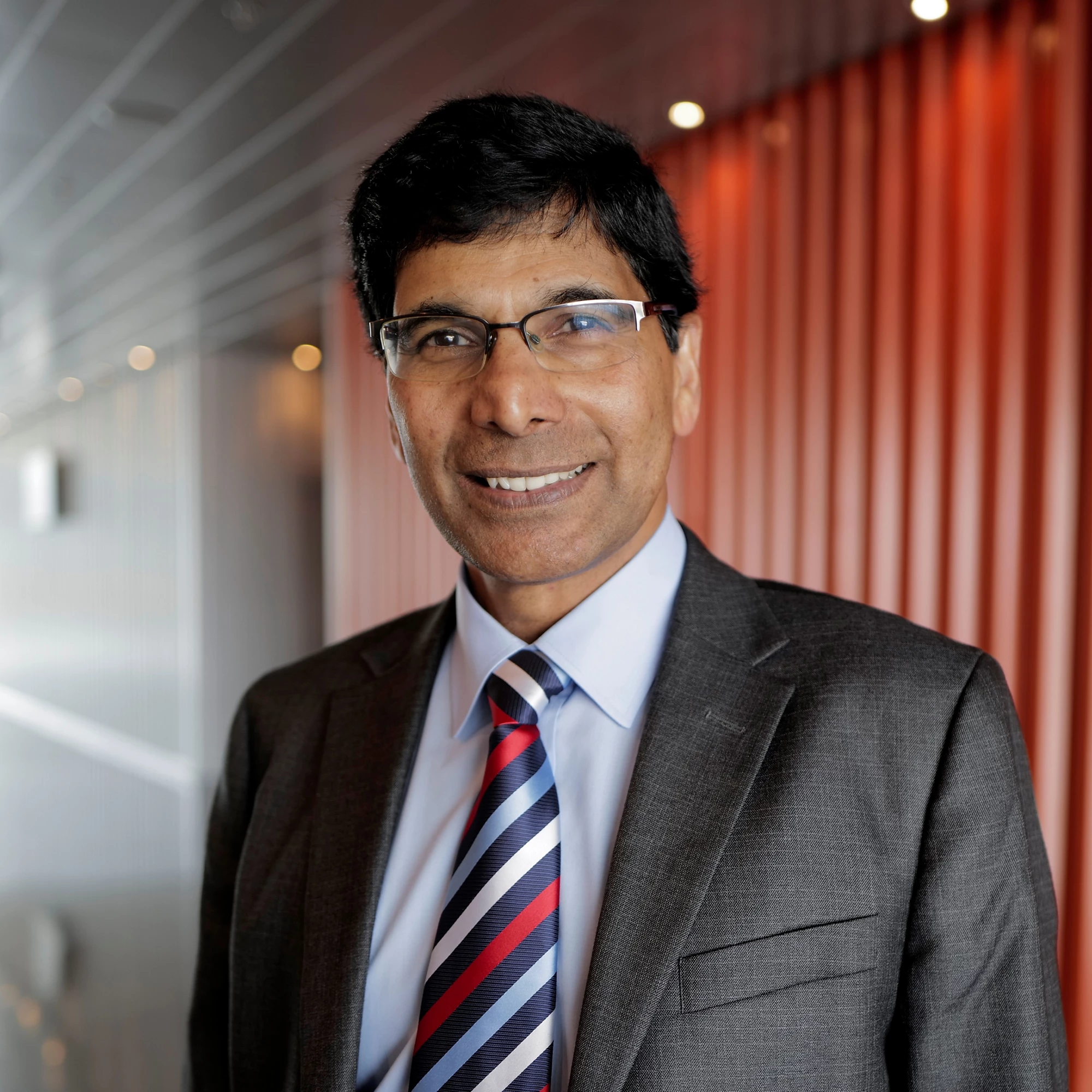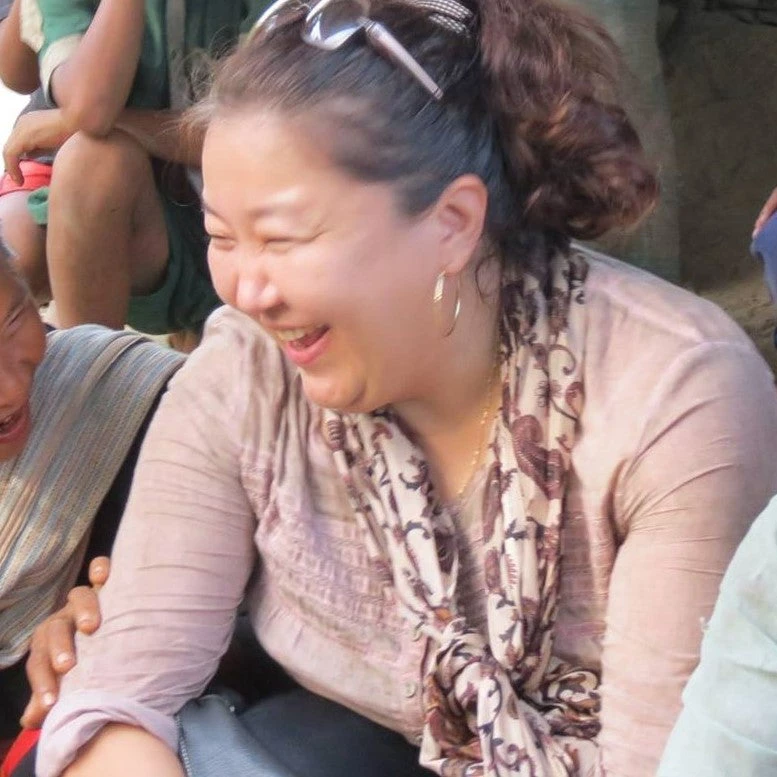 Maya residents of the Toledo District of Southern Belize in the aftermath of the wildfires on their farm. Photo: Pablo Mis
Maya residents of the Toledo District of Southern Belize in the aftermath of the wildfires on their farm. Photo: Pablo Mis
With deep-rooted ancestral knowledge and traditions, the Maya people of Belize have long been stewards of the region's invaluable resources and ecosystems. Belize is renowned for its rich biodiversity and vibrant cultural heritage. The country greatly benefits from the wisdom and practices of Indigenous communities to maintain its unique environment.
Numbering around 476 million globally, Indigenous Peoples represent over 5,000 different cultures and speak about 4,000 of the world’s estimated 7,000 languages. Every August 9, we commemorate the International Day of the Indigenous Peoples to celebrate their cultures and knowledge, raise awareness of the challenges they face, and recognize their immense role in the preservation of nature. Despite making up less than 6% of the global population, Indigenous Peoples account for at least 15% of the world’s poorest and face significant threats from climate change and environmental degradation, threatening their livelihoods, identity, and cultural heritage. As highlighted in the IPCC report Climate Change 2022: Impacts, Adaptation, and Vulnerability “(...) across sectors and regions, the most vulnerable people and systems are observed to be disproportionately affected.”
Despite making up less than 6% of the global population, Indigenous Peoples account for at least 15% of the world’s poorest and face significant threats from climate change and environmental degradation, threatening their livelihoods, identity, and cultural heritage.
Belize is particularly vulnerable to climate change because of its extensive low-lying coastal areas and reliance on natural resources for tourism and local livelihoods. The government has adopted several policies to mitigate climate impacts and enhance resilience. Already battling hurricanes, flooding, sea-level rise, coastal erosion, coral bleaching, and droughts, Belize saw a 13% decrease in its primary forest area from 2002 to 2023, losing 148,000 hectares. Moreover, the country is currently experiencing severe impacts of climate shocks: in May 2024, wildfires caused by extreme rising temperatures and prolonged dry spells devastated Maya community forests and agricultural lands, jeopardizing both the environment and the livelihoods of local communities living in the South.
Already battling hurricanes, flooding, sea-level rise, coastal erosion, coral bleaching, and droughts, Belize saw a 13% decrease in its primary forest area from 2002 to 2023, losing 148,000 hectares.
Pablo Mis, Director of the Maya Leaders Alliance in Southern Belize and Advisor to the Board for the United Nations Voluntary Fund for Indigenous Peoples noted that the wildfires destroyed “the annual cash crop of hundreds of Maya families and devastated thousands of acres of forests, which are the ‘supermarket and hardware stores’ of our people and home to diverse flora and fauna. Extreme dryness is the root cause of forest fires; a direct result of climate change, which the Maya people have contributed the least to”. He notes that now those same people must put the pieces together, restore lands and collectively work to build climate adaptation and resilience.”
Despite tackling multiple adversities, the Maya people have a legacy of resilience. Community-led initiatives have provided immediate food relief to over 400 families and supported the replanting of over 30,000 seedlings to restore fire-scarred lands and farms. In response to the disaster, the government has initiated relief measures, including distributing seeds for replanting and exploring financial aid options for affected communities. The government is also working on enhancing its wildfire response strategies, focusing on improving community-level training and preventative measures. Additionally, a supplementary budget is being formulated to support recovery efforts and invest in strategies to prevent future wildfires.
Preventing future wildfires requires a blend of immediate actions and long-term multi-stakeholder strategies, including dedicated financing, capacity building, better enforcement of environmental regulations, and integrating indigenous knowledge into modern conservation efforts. Pablo Mis noted the importance to “work together to empower Maya customary land and practice at each community level to strengthen fire management and governance”.
Indigenous Peoples' participation in climate policy is vital, as recognized in the United Nations Declaration on the Rights of Indigenous Peoples (UNDRIP). However, only 1% of global climate finance reaches Indigenous communities.
Supporting Indigenous leadership in climate action
Indigenous Peoples' participation in climate policy is vital, as recognized in the United Nations Declaration on the Rights of Indigenous Peoples (UNDRIP). However, only 1% of global climate finance reaches Indigenous communities. Aligned with Environmental and Social Safeguard 7 (ESS7), which upholds the principles of safeguarding human rights, cultural practices, and natural resource-based livelihoods of Indigenous Peoples and traditionally underserved communities in Sub-Saharan Africa, the World Bank is committed to work with Indigenous Peoples’ organizations to better understand and engage their expertise in climate action. By providing direct financing and supporting inclusion in national programs, the World Bank aims to promote the recognition and strengthening of Indigenous Peoples’ contributions as stewards of the world’s forests and ecosystems through initiatives including:
The Dedicated Grant Mechanism for Indigenous Peoples and Local Communities (DGM), provides direct financing to indigenous organizations, empowering them to manage their own projects that promote sustainable forest management and climate resilience. In total, they are leading and overseeing the implementation of a portfolio of over US$50 million in climate finance from the Forest Investment Program.
The Forest Carbon Partnership Facility - which has been supporting the inclusion of Indigenous Peoples in national programs to reduce greenhouse gas emissions caused by deforestation and forest degradation (REDD+) for fifteen years, ensuring their voices are heard in policy-making processes related to forest conservation and climate change mitigation in the forest sector.
The EnABLE Multi-Donor Trust - a global knowledge, operations, and technical assistance program aimed at enhancing the inclusion of marginalized communities and disadvantaged groups in Results-Based Climate Finance (RBCF). The Global Dialogue “Enabling Indigenous Peoples and Local Communities to Engage in and Benefit from Results-Based Climate Finance”, which took place November 6–9, 2023, in San José, Costa Rica. The objective was to provide a forum for participants to freely engage in meaningful discourse on RBCF, including their ability to access benefits, participate in decision-making, and implementation processes. Numerous recommendations were distilled from the three days of discussions and recorded in the recently released summary report.
The recent wildfires in Belize are a stark reminder that climate change is upon us. As we celebrate the International Day of Indigenous Peoples, we invite all stakeholders to join in recovery and resilience-building efforts undertaken by Maya communities and the Belizean government as well as other Indigenous peoples tackling climate crises around the world.
To support recovery efforts in Belize and contribute to rebuilding forests, supporting local agriculture, and providing necessary resources to affected families, please reach out to EnABLEsecretariat@worldbank.org.




Join the Conversation